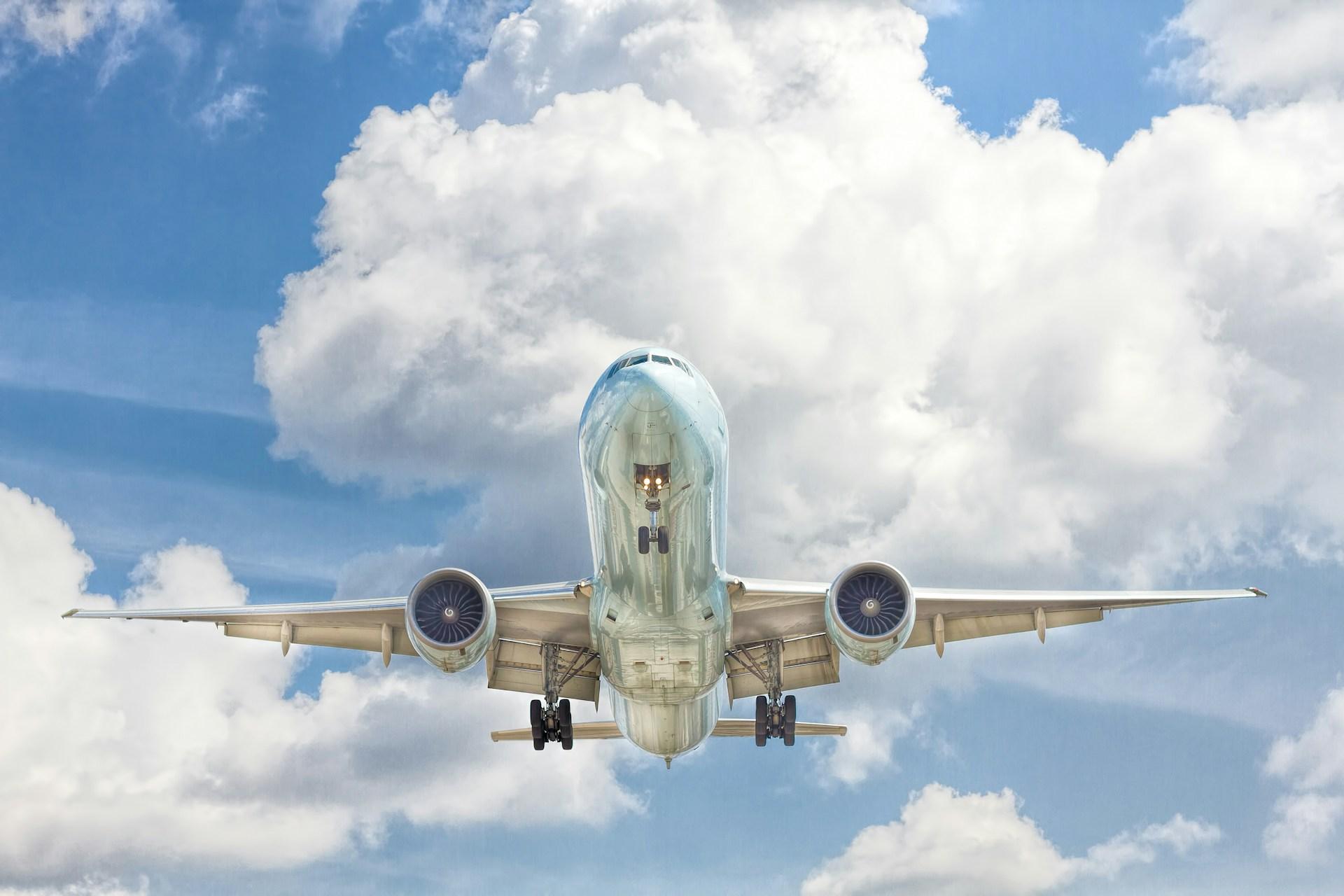Thousands of people love going on holiday to various destinations, but getting there is a scary experience. It's not as uncommon as you may think to be afraid of flying. While it is a known fact that flying is safer than driving your car, the fear of trusting the plane is one that many struggle with. The risk of dying in a plane accident is one in eleven million risk, while driving puts you at a one in five thousand risk category. When you think you are putting your live in the hands of seventy tonnes of metal to get into the sky and whisk you to your destination, it's not surprising you feel uneasy.

We put our trust in their aircraft’s to take us from our home to a destination country on a regular basis, relying on the experience of the pilots and engineers to keep us safe. Are you wondering how safe it really is to fly?
The first commercial flight took off on New Year's Day in 1914 with Tony Jannus as the pilot, we have seen the industry expand exponentially.
Every day, approximately one hundred thousand flights take off into the air, flying to various destinations throughout the world. Around six million passengers rely on air travel daily to get them to where they need to go. Other than a few inconveniences, such as young passenger and a bit of noise, most flights reach their destination without any hiccups.

Unfortunately, there have been some unfortunate incidences over the years.
The Boeing 737 Max 8 has been in the news recently due to operational errors and malfunctions. From late 2018 to early 2019, this aircraft resulted in two fatal accidents. One was operated by Ethiopian Airlines and the other by Lion Air. As a result, more than three hundred and forty six passengers and crew lost their lives. As you can imaging, these aircraft’s were suspended for more than a year, as they underwent thorough investigation. There have also been reports of the Boeing 737 Max 9, where a loose door panel dislodged after take-off with Alaska Anilines. Luckily this was just after take-off and resulted in no injuries.
This requires further understanding, taking into consideration that the first 737 Max started operating with Lion Air's subsidiary airline, Malindo Air, in May 2017.
Over one thousand four hundred of these aircraft’s have been delivered, as of January 2024. They are responsible for around two thousand, four hundred flights each day, transporting around one hundred and seventy passengers each.
This means that over three hundred and eighty eight thousand passengers around the world fly using these aircraft’s daily with no reported fatalities in the past ten years. These statistics are positive, suggesting that flying using one of these air planes should provide you with a safe journey to your chosen destination.
Realistically we need to rely on the knowledge of experts to ensure that we remain safe when using these aircraft’s. The accidents that occurred in 2018 and 2019 were due to insufficient training and original systems. The aircraft’s were grounded while the problems were rectified, along with comprehensive training for pilots to ensure a safe flight.
The door panel accidents of the Boeing 737 Max 9 resulted in all the aircraft’s being grounded as they conducted a thorough investigation. This investigation was carried out by the Federal Aviation Administration (FAA).
Aircraft manufacturers have one main focus and that is to ensure that their aircraft’s are safe for use, ensuring airlines are able to maintain their operations. It is fair to trust their commitment to providing you with a safe journey. While they cannot guarantee that it will be a completely comfortable experience, you can improve that by using earplugs to drown out any noises that frustrate you.


If you want the latest information on the best Hotel Executive Club Lounges, Hotel Kids Clubs and other travel information, be sure to sign up for our free newsletter full of tips and great travel ideas.